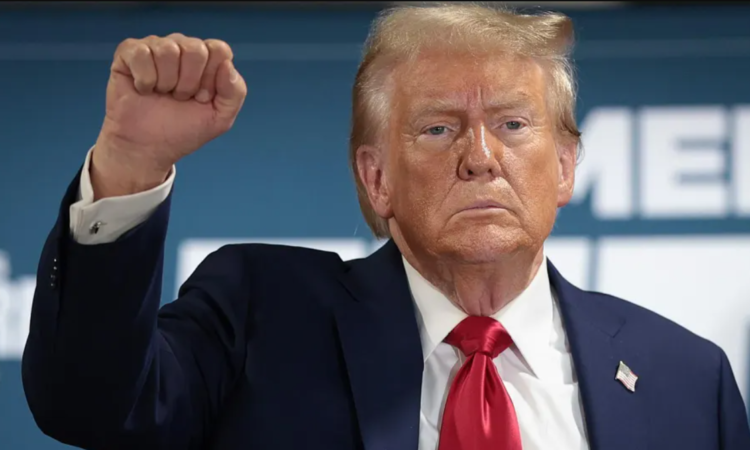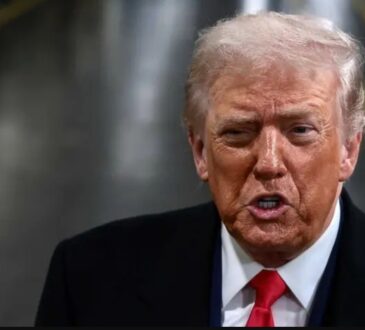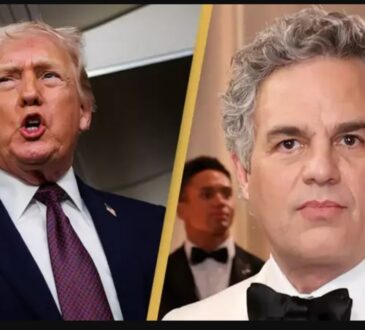
President-elect Donald Trump might be reconsidering one of his big campaign promises, according to a report in the Washington Post. During his campaign, Trump promised to apply “universal tariffs” of up to 20% on all imports to the United States. This plan was criticized by many economists and some Republicans in Congress, who warned that it could hurt regular Americans by increasing prices on everyday items like food and other goods.
Now, it seems Trump’s team might change direction. Instead of imposing tariffs on everything, they are thinking about targeting specific industries they consider important for the country’s security or economy. According to Jeff Stein, an economics reporter for the Washington Post, these discussions are still in the early stages, and no final decisions have been made. Stein’s information comes from three anonymous sources, who say this shift would go against what Trump promised during his campaign.
The industries being discussed include areas Trump’s team wants to strengthen within the U.S., such as defense, medical supplies, and energy production. For defense, tariffs could be applied to materials like steel, iron, aluminum, and copper. Medical supplies like syringes, needles, and pharmaceutical ingredients are also being considered, as well as energy-related items like batteries, rare earth minerals, and solar panels. The goal appears to be bringing more manufacturing of these products back to the U.S. instead of relying on imports.
Stein also pointed out that it’s unclear exactly which products or industries would face these tariffs if the plan moves forward. However, the shift away from a blanket tariff on all imports would mark a significant change from what Trump originally promised voters.
On top of the “universal tariffs,” Trump has made threats to specific countries. He warned Mexico and Canada of 25% tariffs if they don’t take action to stop the flow of drugs and migrants into the U.S. He also said he would impose a 10% tariff on China for similar reasons.
In December, Trump turned his attention to the European Union, demanding they reduce their trade imbalance with the U.S. by buying more American oil and gas. On social media, Trump wrote that he told the EU they must “make up their tremendous deficit with the United States” by purchasing U.S. energy products. He ended the message with a warning: “Otherwise, it is TARIFFS all the way.”
While Trump’s tough talk on trade was a central theme of his campaign, this new approach suggests his team is weighing the economic risks of his original plan and trying to strike a balance between keeping his promises and avoiding harm to American consumers and businesses.




